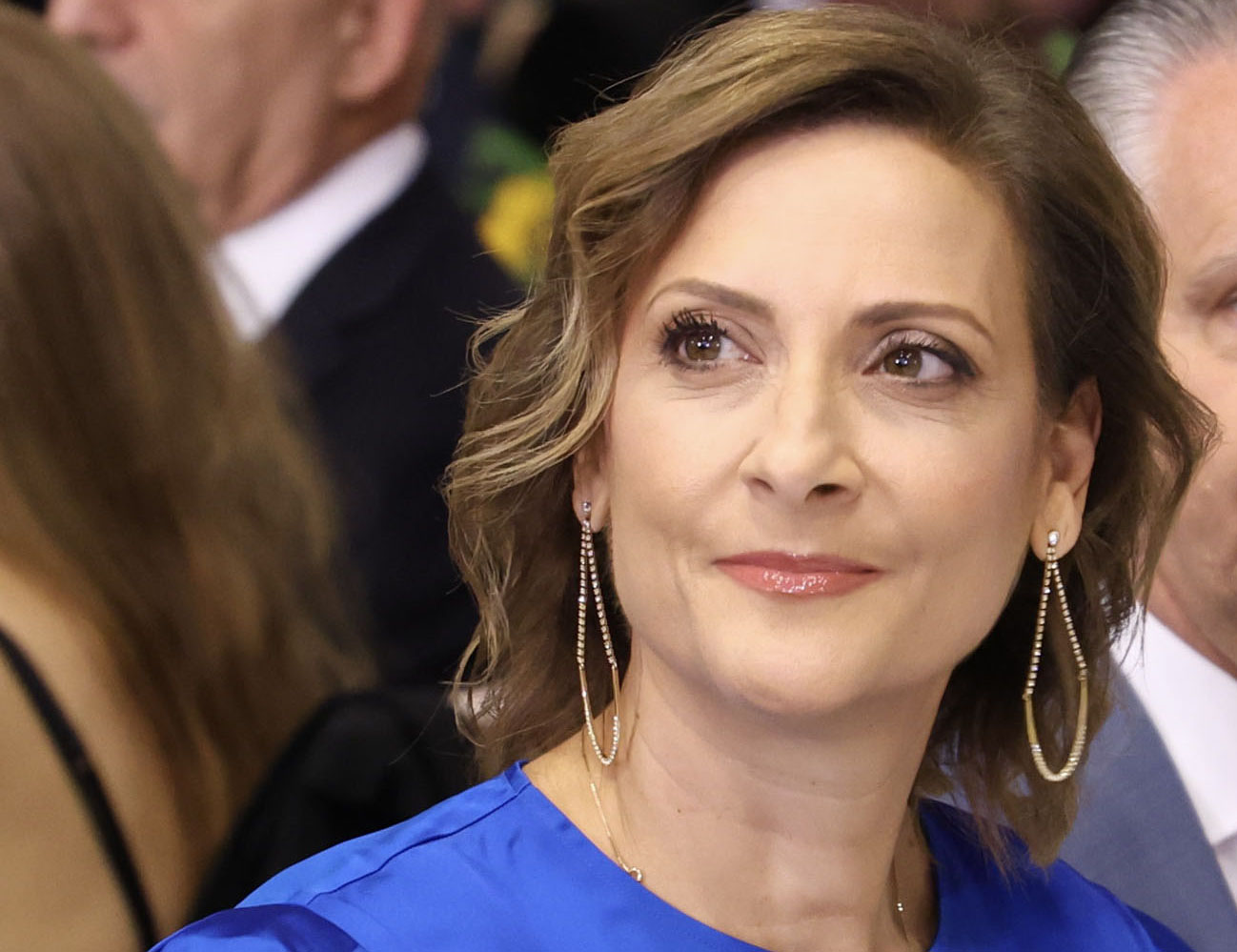A student support fund chaired by the first lady and driven by private donations gives the impression of being a charity-for-influence scheme, the Audit Office said on Tuesday.
“There exists a relationship – or there appears to be a relationship – of influence and/or the expectation of benefit,” the auditor-general’s dossier said.
The pattern of donations may suggest preferential treatment, it added.
The Audit Office published its report on the Social Support Fund, which helps local students in need. Under the stewardship of the first lady, it is funded by private donors who may retain their anonymity.
The absence of full transparency creates doubts over the fund, the Audit Office said.
But what the report flagged most of all was that a number of donors (companies and individuals) had some relationship or transactions with the state.
This gave the impression of a pay-to-play scheme with charity being used as the cover, the Audit Office said.
From its establishment in 2014 up until 2022, the support fund had annual revenue of approximately €500,000. But then in 2023 and 2024, annual revenue spiked to €2.5 million.
By law, the chair of the fund is the president’s spouse.
The report cites, for instance, a company that donated a total of €695,750 in 2023 and 2024, while during the same period “it had negotiated and signed with the state a long-term contract of a high value”.
Additionally, six shipping companies – donating a combined €750,000 in 2024, about a third of all donations for that year – appear to have benefited from cabinet decisions taken in the same timeframe. The cabinet decision referenced here involved slashing tonnage tax by up to 30 per cent for certain types of ships; the decision was published in May 2024.
Moreover, people tied to the citizenship-by-investment scheme donated a total of €685,000 from 2018 through to 2024.
Somewhat qualifying its determination, the Audit Office also said it is not unusual for companies to make donations to causes as part of their corporate social responsibility (CSR) function.
Nor does the existence of transactions with the state necessarily demonstrate any “expediency”.
However, it is problematic that the chair of the social support fund is the spouse of the president, “while the president may take decisions which directly or indirectly affect private companies-donors”.
The Audit Office recommends that the support fund institute an internal mechanism to boost transparency. It suggests that from now on, any and all donors giving over €20,000 per year should consent to being named.
This would maintain anonymity for small donors (individuals) while at the same time companies making larger contributions would want to advertise their corporate CSR activities.
The report drew a reaction from supporters and critics of the support fund alike.
In a statement, the support fund itself stressed that the Audit Office report found no irregularities whatsoever.
“We therefore express strong concern over this attempt at turning a technocratic compliance audit into a tool for political exploitation.”
For its part, opposition Akel said the auditor-general’s findings “totally vindicate” the party’s earlier warnings.
Akel said the report indicates “scandalous non-transparency, conflict of interest and lack of meritocracy in the functioning of the fund…”
In October last year, President Nikos Christodoulides vetoed a law that would disclose the fund’s donors.
The president refused to sign off on the law passed by parliament, and referred the matter to the Supreme Court.
Under the law, which never came into force, the names of donors for amounts of €5,000 and over would have been published.
The support fund collects private donations and distributes the proceeds to poor students, covering tuition and/or accommodation. It was established in 2014 and placed under the wing of the First Lady, then Andri Anastasiades.
It is currently under the management of first lady Philippa Karsera.
Karsera had twice appeared in parliament debating the bill that would mandate donor disclosure. In opposing the proposed disclosures, she argued that the publicity would in fact discourage prospective donors.






Click here to change your cookie preferences